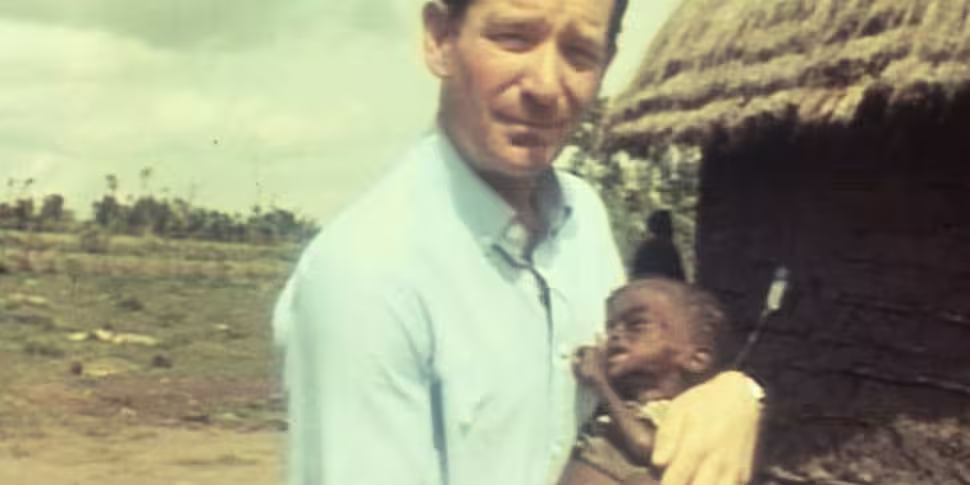“Dawn, and as the sun breaks through the piercing chill of night on the plains outside Korem, it lights up a biblical famine, now, in the 20th century.”
Michael Buerk’s words, first uttered on the BBC Nine O’Clock News on October 23rd, 1984, is one of a handful of television reports known the world over, and remembered today even by those who weren’t alive to watch it.
The BBC journalist’s report on the Ethiopian famine set things in motion for a coordinated worldwide relief effort. Spearheaded by Irish musician Bob Geldof, whose charity single may not have been the first ever recorded by celebrities for a good cause, but which redefined how the music industry could work for a noble cause, the entire Band/Live Aid movement started with Bob tuning in to that night's bulletin.
The world was aware of the famine in Ethiopia, but it was the BBC's report that underlined the sheer loss of life to which the world was turning a blind eye.
The veteran BBC journalist has been on the receiving end of considerable criticism today, in light of comments he made regarding a victim of sexual assault in the UK. But his choice of words 30 years ago was perfect; his script is a biting turn of phrase that shook viewers for days. Credit should also be given to Buerk's African cameraman, Mohammed Amin, whose deftly shot images were unforgettably tough to watch.
The report, which you can watch below, was broadcast all over the world, and reminded an ignorant world that war and politics can devastate as much as drought.
As Michael Buerk’s piece turns 30, it’s a stark reminder that the power of journalism to expose suffering can still galvanise the globe to listen, watch, sit up, and take action.









